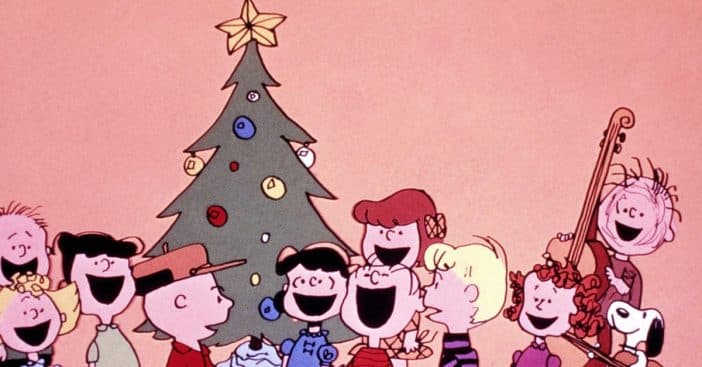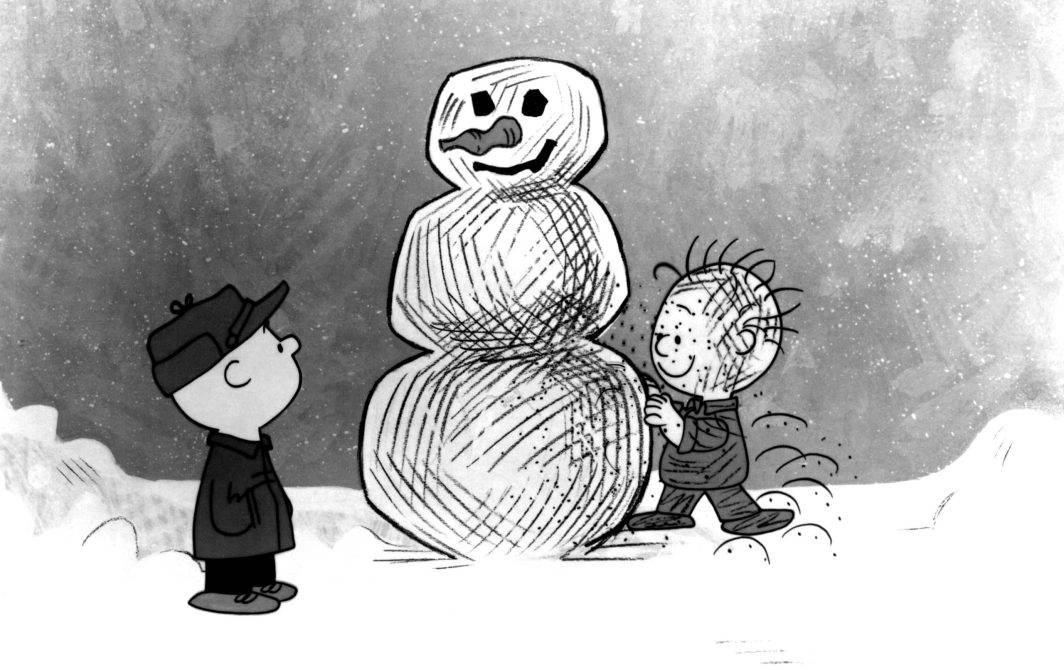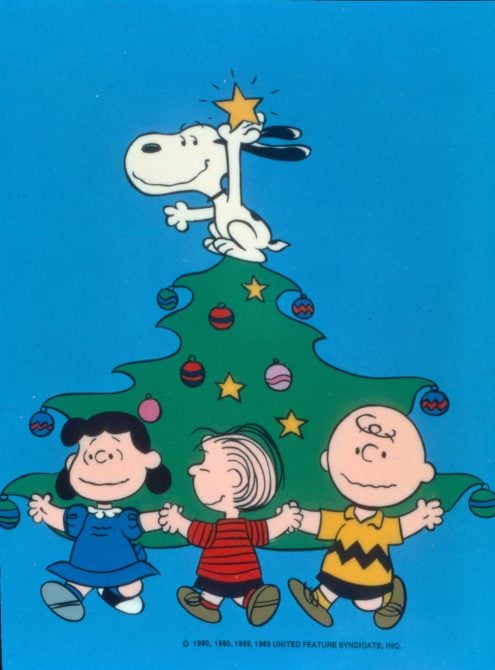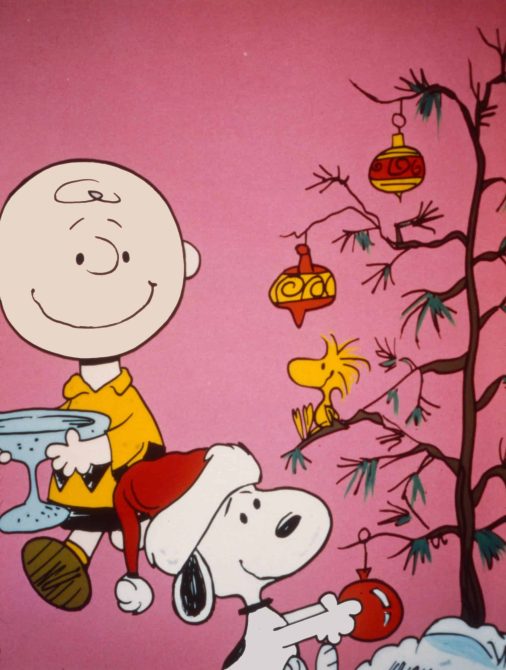
Traditions are the pillars of Christmas and getting into the spirit might be quite hard without them. Holiday Specials form an important part of the season, and they’ve never failed to get viewers hyped up about celebrating their favorite holiday. However, the 1965 Charlie Brown Christmas is the total opposite of what and how a Christmas special should be.
Instead of sticking with the happy-go-merry theme like its other contemporaries, Peanuts creator Charles Schulz, also known as Sparky, decided to explore a topic that was not popular at the time. This almost led to the network, CBS, to stopping production of the schedule, because they believed it would be an outright failure.
Charles Schulz’s personality influenced ‘A Charlie Brown Christmas’

However, Schulz’s message of perseverance in the face of rejection and dejection has always resonated with American audiences, largely because he. like many people, was a victim of depression. Schulz once told Johnny Carson that he failed at “everything” and was chronically lonely in high school. He also noted that he had bitter memories of his childhood in St. Paul, Minnesota, where he was bullied. The bigger kids would “push you down and knock you over and won’t let you swing on the swings that you want to swing on.”
RELATED: ‘A Charlie Brown Christmas’ Soundtrack Releasing As Cassette For First Time in 30 Years
Also, in the book Schulz and Peanuts: A Biography, David Michaelis detailed that Sparky had a lot of tragedies in his life. He looked up to his mother for love and protection, but never got it as she sent him off to play with his cousins, who pushed him around. This played a significant role in his mental well-being.
Schulz lived in denial with an altered personality, and he survived by projecting himself as “dumb, dull [and] meek,” which played out in most of his stories. “To what degree he had actually been recognized for his talent or skills … he was not about to give a strictly honest accounting …, ” David Michaelis wrote. “He knew that hurt, and the anger that sprang from it … was the taproot of his life’s work. He must do anything to protect, conceal, and maintain its sources.”
Peanuts specials deal with depression

Peanuts specials appear to have provided classic cases of holiday blues over the years. For instance, in 1966’s It’s the Great Pumpkin, Charlie Brown, the challenge to mental health is shown in Lucy’s constant insistence that Charlie Brown should kick a football even though she knows she’s going to move the ball at the last second like she always does. This act ruined every iota of trust in Charlie and shaped his perception of how unreliable people can be.
Also, in Be My Valentine, Charlie Brown, an excited Charlie hopes to receive many gifts on Valentine’s Day. To his dismay, he gets nothing except a candy heart with the words “Forget It, Kid!” on it. This scene projects how Charlie hoped to be loved, but gets disappointed because people don’t care, making him feel unwanted.
Charlie Brown gives up on Christmas

In the holiday special, A Charlie Brown Christmas, Charlie appears to be seemingly frustrated as he tries to explain his mental state to his friend, Linus. “I think there must be something wrong with me, Linus,” Charlie says. “Christmas is coming, but I’m not happy. I don’t feel how you’re supposed to feel.”
However, Linus, who was supposed to encourage and care for his mental well-being, didn’t hesitate to mock him. “Charlie Brown, you’re the only person I know who can turn a wonderful time of year like Christmas into a problem,” he replied sarcastically.
